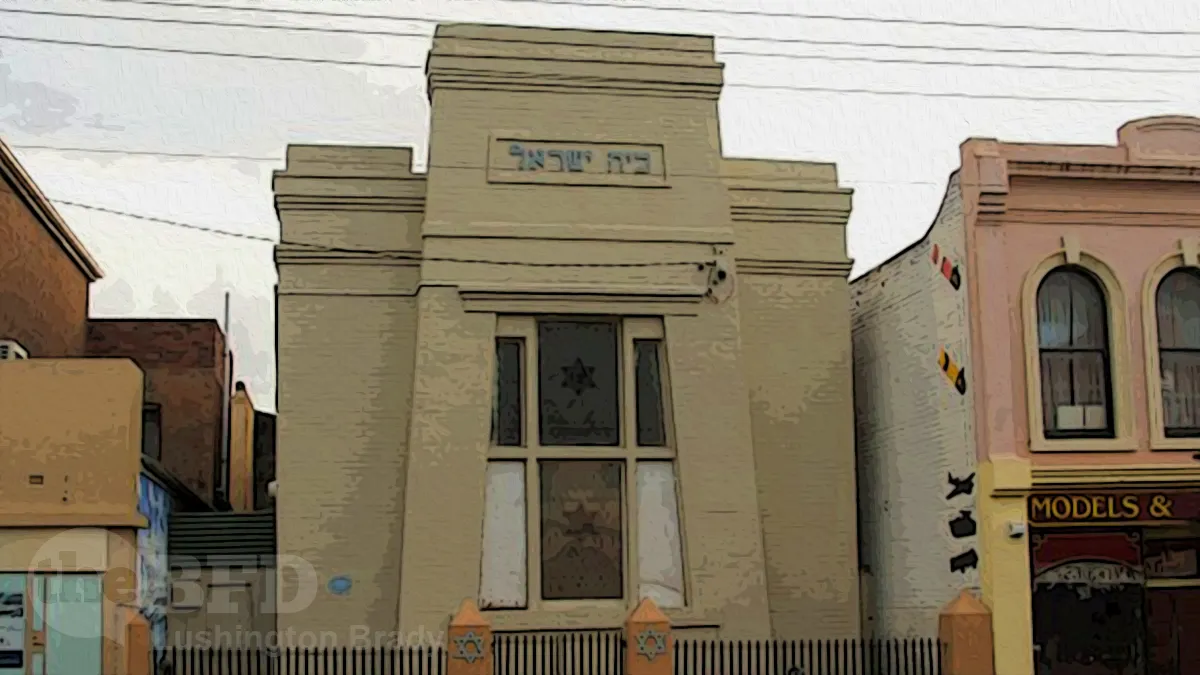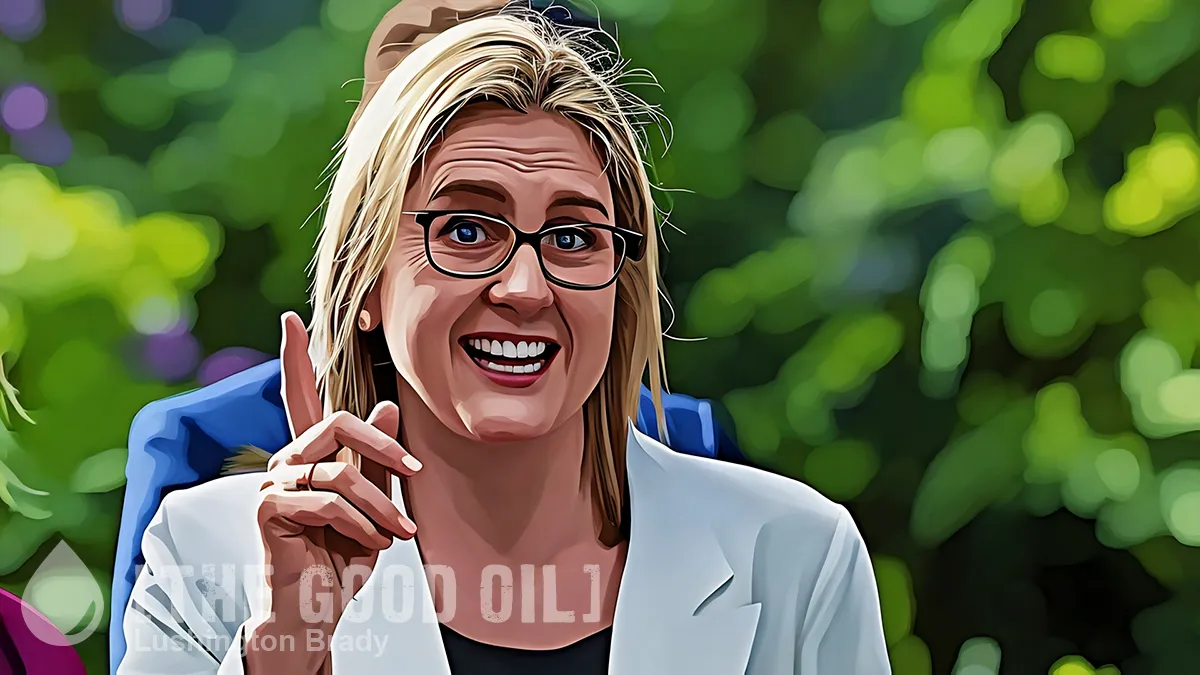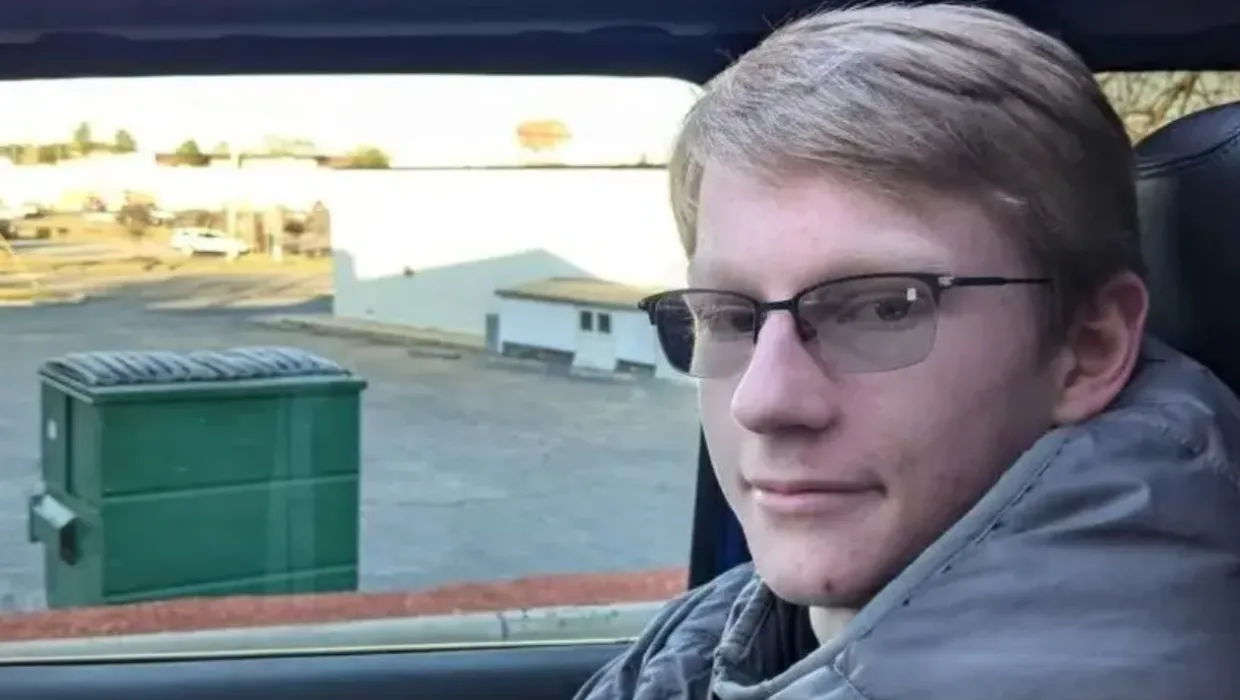Table of Contents
I’m very familiar with Launceston’s synagogue – but only in the most superficial way. I’ve passed the modest little building in St John Street many, many times (it’s right next door to the old Tiger Hobbies shop, after all). For all that, I’ve never really given much thought to the fact of Tasmania having a Jewish community.
In fact, the synagogue and its Hobart counterpart are the two oldest synagogues in Australia, both dating back to the 1800s. Still, it’s not surprising that Tasmania’s Jewish community otherwise flies under the radar, being so small (under 400 people). But that small group is the fastest growing Jewish population in Australia, increasing by 50 per cent in just the last five years.
The drawcard for those moving to Tasmania is mixed, according to Tasmanian Jewish community leaders. Some move, because, relative to bigger and more established Jewish communities like Melbourne and Sydney, the houses in Tasmania are much more affordable. Some came during the Covid-19 pandemic and never left. And others, mainly retirees, are seeking a quieter life.
Jeff Schneider, a Baltimore native, who moved to Tasmania in 2014 with Sydneysider Lisa Eckstein, is the current president of the Hobart Hebrew Congregation.
“Living in Hobart, you are exposed to much more. Instead of being in a bubble, you are in a big tent,” he says. “The Jews in Tasmania, we come from all over. It is rare that there is a family who grew up in Hobart. The common theme is that people really enjoy the smaller community. The pace is different here. And it is a fairly easy lifestyle.”
The recent influx of young Jewish families means that, for the first time in many years, the synagogue is offering a monthly cheder (Jewish religious and Hebrew language study programme).
Danny Joseph, a British-born dad of eight-year-old twin boys who attend the monthly Hebrew lessons, is encouraged by the growing community.
“I moved to Tasmania in 2016 with my wife. We come from a large community in the UK. I was a little concerned we would be isolated. Tasmania is so distant, I knew it would be difficult to find as much Judaism as what we used to have. However, we connected to the Hobart Hebrew Congregation, and we became members and made friends in the community,” he says.
He loves being part of the small but growing Hobart Jewish community.
At the other end of the island (the better end – bitter north-south rivalry being an enduring feature of Tasmania few outsiders are aware of), live Chabad Rabbi Yochanan Gordon and Rebbetzin, Rochel. The couple settled in Launceston 10 years ago, although Gordon’s father, Melbourne-based Rabbi Yossi Gordon, has been visiting Tasmania for the past 40 years.
Rabbi Gordon believes there are far more Jewish Tasmanians than the census might indicate.
“At the rate we find Jews, I estimate there are at least 1000 Jews in Tasmania! I went on the website and clicked on each city where the census recorded “no Jews” in Tasmania, but I personally know Jews who live in those cities,” he says, confirming his hunch that the data, despite showing a massive increase in Jews, is still incomplete.
Gordon suspects that many people simply don’t self-identify as Jewish, while others are sometimes concerned about anti-Semitism.
Rabbi and Rebbetzin Gordon think Tasmania provides an important lesson in community building. “In Tasmania, the feeling you get is that people realise every individual is important,” they say […]
Back in Hobart, 81-year-old David Clark is grateful that the Jewish community is growing. Unusually for Jews living in Tasmania, Clark was born in Hobart, at the hospital right across the road from Hobart Hebrew Congregation.
“When I first started to go to shul, that would have been in the early 1970s, I was a young guy. It was just a handful of old men, who used to schmooze and sit away sometimes have a fight and do a bit of davening,” he reminisces. “Each time one passed away, they would all say, this will be the end of the shule.”
Plus 61J Media
With a growing number of families, with children and grandchildren attending cheder regularly, hopefully the end of Hobart’s shule is a long way off.









